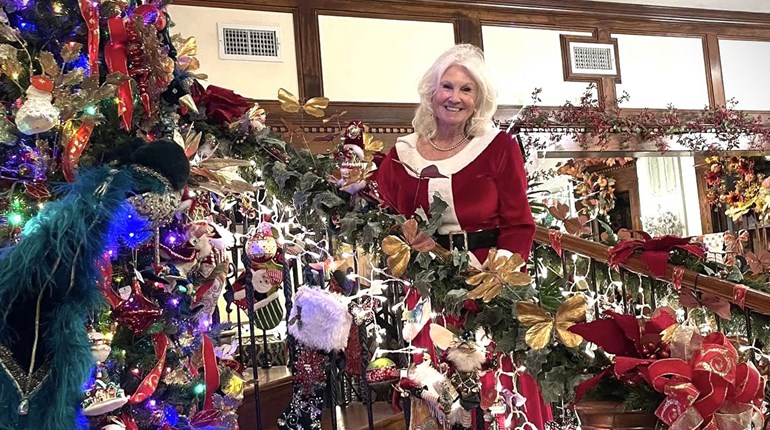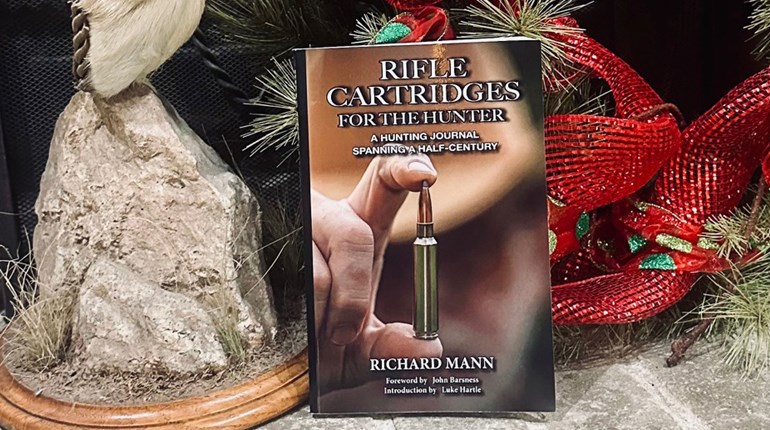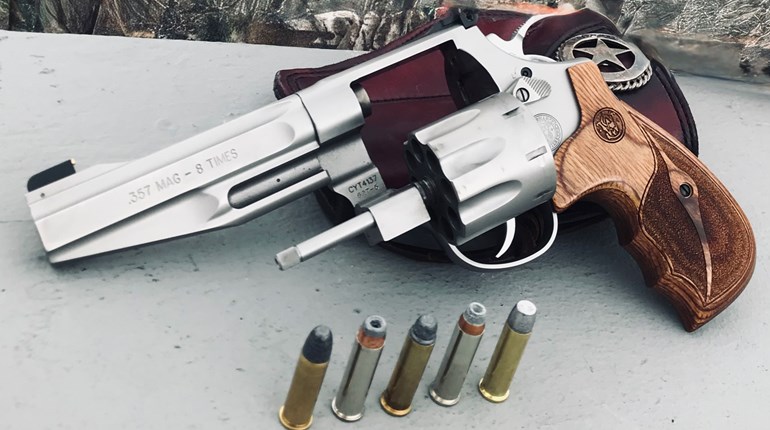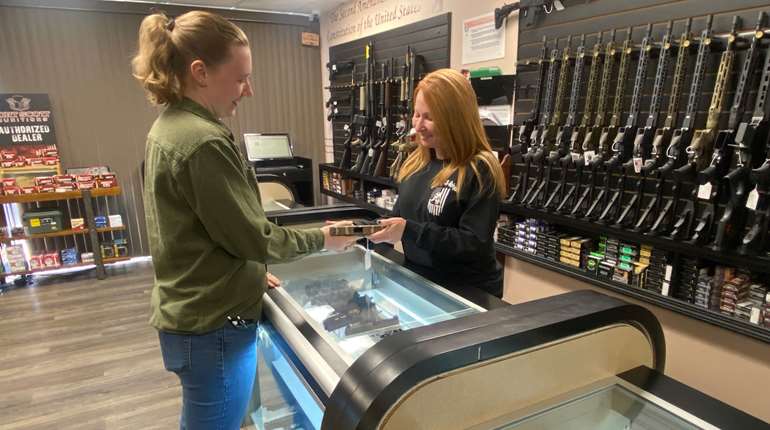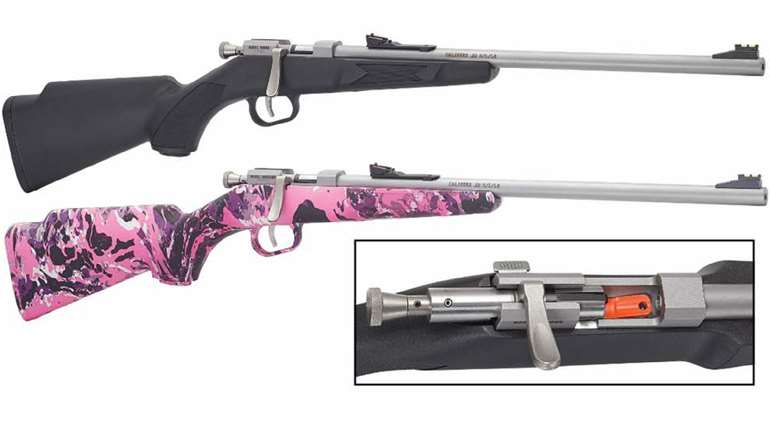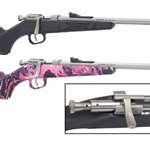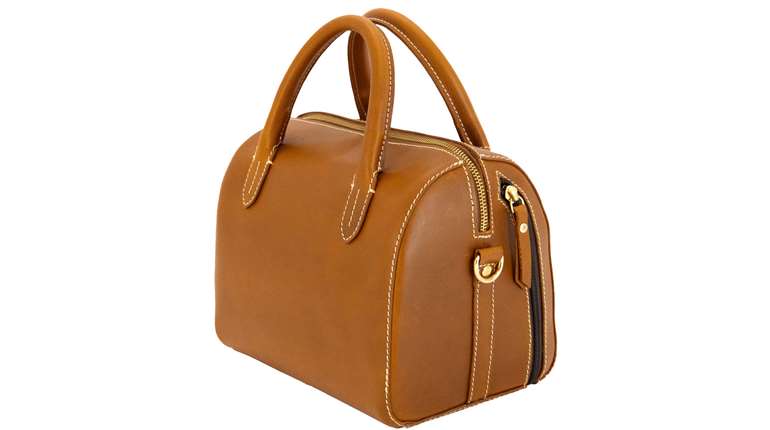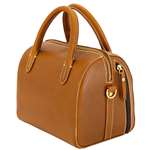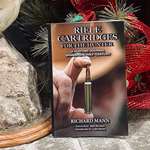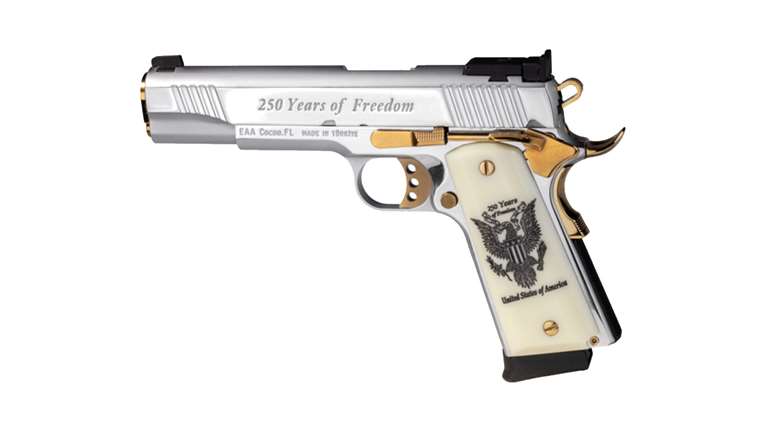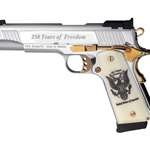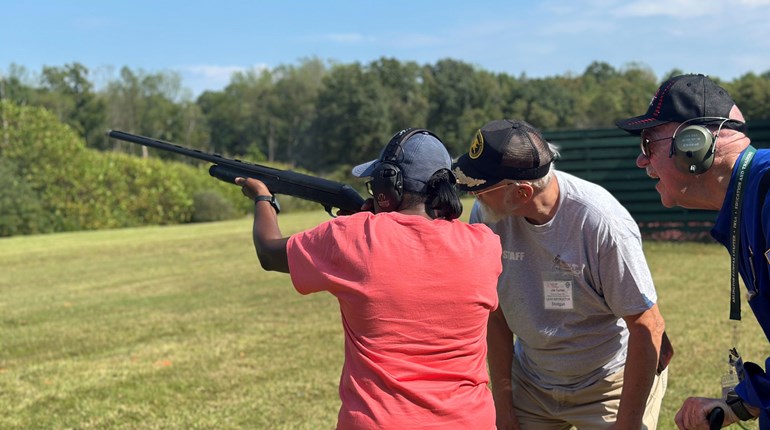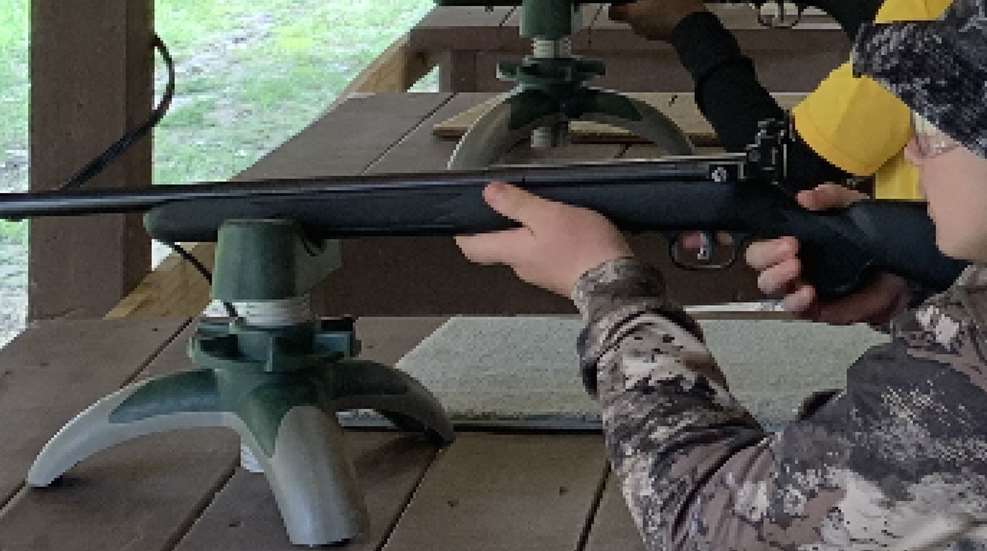
Safety should be on everyone’s mind when handling firearms. The first step in firearms safety is knowing your firearm and how to use it safely. There are many firearms training courses that instruct students on the different gun parts and the proper terminology. The NRA Firearms Basic and Instructor Training courses stress the importance of using the correct terminology and names of each of the gun parts. For example, not referring to a firearm’s magazine as a “clip,” and not calling ammunition “bullets.”
Many individuals, especially new gun owners, go to the gun range to practice their shooting techniques, sight-in hunting rifles, or hone their wing-shooting skills. As every firearms owner should know, they are responsible for their safe gun handling. After all, we go to the gun range to have fun and enjoy ourselves. The fastest way to end that enjoyment is to have an accident. Knowing the correct terminology and names of the different areas of the gun range is crucial to having a fun day at the range.
There are three basic gun safety rules must be observed and practiced at all times when shooters handle their firearms:
- ALWAYS keep the muzzle pointed in a safe
- ALWAYS keep your finger off the trigger until ready to shoot
- ALWAYS keep firearm unloaded until ready for use
The NRA Range Safety Officer (RSO) course is an excellent way of learning how to stay safe at the gun range. This course covers range commands, different areas of a gun range, and the role of the RSO. Students will also learn what is expected from those individuals who are shooting, as well as those who are watching.
There are seven terms that every shooter and spectator at the gun range should know.
Firing Line
This is where the actual live fire occurs. This is where ammunition is loaded into the firearm, the firearm is pointed downrange in a safe direction, and the shooter fires at the target. Hearing and eye protection should always be worn while on the firing line.

Ready Area
The ready area is the area in which the shooter prepares his or her equipment before stepping onto the firing line area. There is no live firing, dry firing, loading, unloading, or handling of firearms in the ready area. This area is oftentimes marked by a line to separate it from the firing line.

Spectator Area
The spectator area is the area well behind the ready area. There should be no firearms or ammunition present in the spectator area.
Target line
The target line is an area by the targets where targets are placed, that is parallel to the firing line. The target area is always down range.

Berm
A berm is an earthen mound usually found at outdoor ranges. Indoor range berms are usually a concrete embankment, or a wall constructed of other materials. Berms are located at the back of the range behind the targets and on the sides to serve as a backstop to stop bullets from leaving the firing lane. Every round must be contained on a range so people and property are safe.

Baffle
Baffles are sometimes referred to as a safety baffle. A baffle is a structure used to restrict bullets from traveling over the back berm when fired. Baffles are designed to stop a bullet if a shooter fires over the target. By design, the shooter, regardless of the shooting position, cannot see above the target area. Baffles should be constructed of materials to stop the largest caliber allowed on that range from traveling outside the target area.

Backstop
A backstop is anything that will safely stop a bullet and prevent it from traveling past an intended target and striking something beyond it. The backstop provides the primary impact area for the bullets being fired on a range and, under normal conditions, prevents the bullet from leaving the range area.
Become familiar with the numerous terms and phrases you might hear when you are at a gun range or at a shooting event. Knowledge of these terms and what they mean is important to keep everyone safe while having an enjoyable experience.












